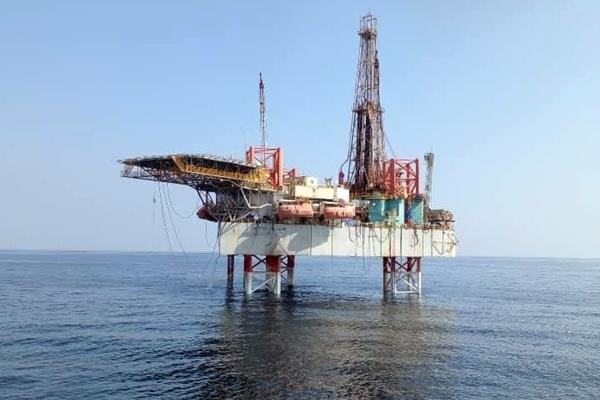POGC begins new exploration operation in South Pars field

TEHRAN - Iran’s Pars Oil and Gas Company (POGC), which is in charge of developing the country’s giant South Pars gas field in the Persian Gulf, has begun new drilling operations in this field to explore the possibility of new reserves, an official with the company announced.
Ali Akbar Majed, head of POGC’s Oil and Gas Engineering Department, said the drilling operation of a new descriptive well at the northern part of the mentioned field is started to assess the possibility of new reserves in the field’s undeveloped areas, the POGC portal reported on Sunday.
“This well is aimed at determining the extent of expansion of South Pars gas field in the north side of the field and evaluating the potential of uncharted areas of this section for development,” Majed said.
The drilling operations are carried out by Iranian Offshore Engineering and Construction Company (IOEC) under the supervision of Pars Oil and Gas Company, the official said.
According to Majed, identifying and exploring undeveloped parts of the South Pars gas field is among POGC’s top programs for maintaining production from this joint field, and in this due, four descriptive wells are planned to be dug in the northern areas of the field.
South Pars gas field, which Iran shares with Qatar in the Persian Gulf, covers an area of 9,700 square kilometers, 3,700 square kilometers of which are in Iran’s territorial waters and the remaining 6,000 square kilometers, called North Dome, are situated in the Arab country’s territorial waters.
The field is estimated to contain a significant amount of natural gas, accounting for about eight percent of the world’s reserves, and approximately 18 billion barrels of condensate.
The development of the South Pars field started in 1998 and 29 different phases were defined for the project along with a separate oil block. The field, however, is currently divided into 24 standard offshore phases, the output of which is processed by 14 gas refineries on land.
Since the beginning, the field’s development project has gone through so many ups and downs and many foreign and domestic companies have contributed to the completion of the field’s various phases.
Despite all the U.S pressures which led to the departure of almost all of the foreign companies from the project, and despite all the technical and engineering problems faced in the process, Iran has managed to proudly finish the development of almost all the phases of the field and even the field’s oil layer is also producing nearly 50,000 barrels per day (bpd) of oil.
EF/MA
